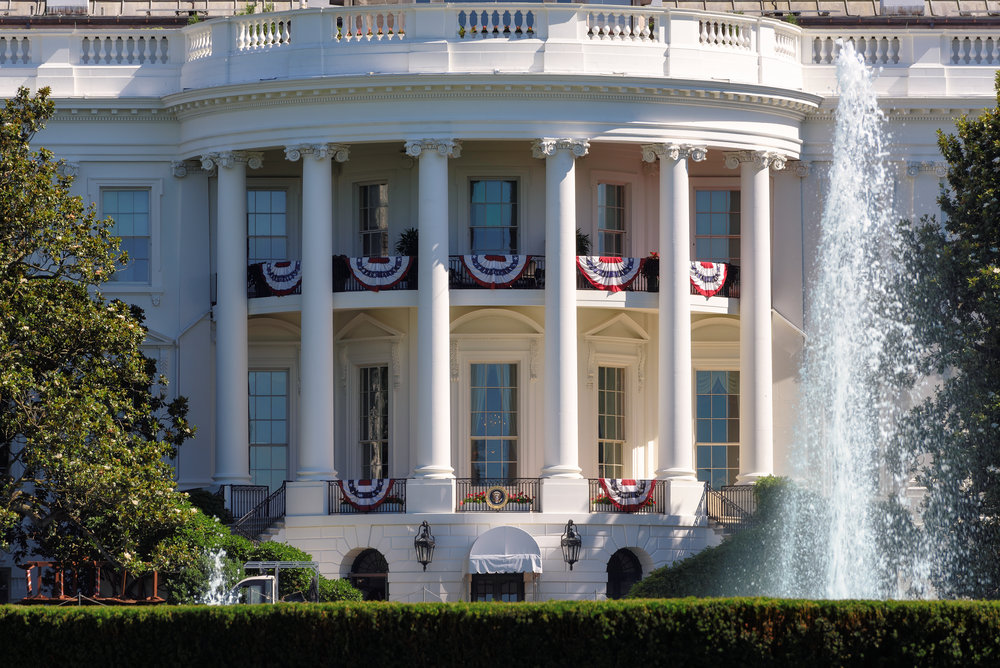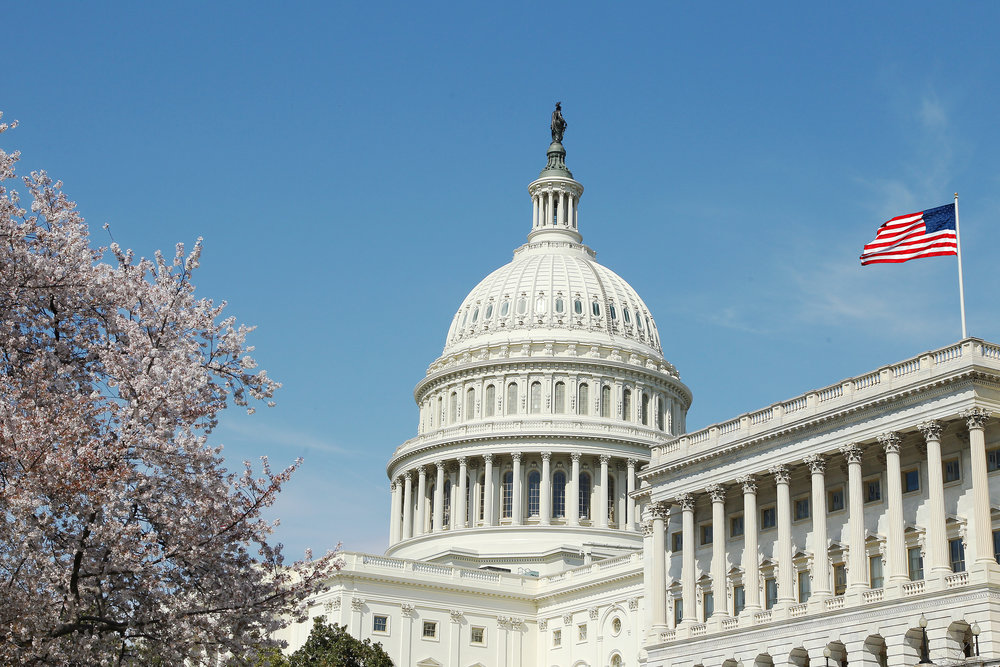Wasp Barcode Technologies: The Barcode Solution People
Are Small Businesses Looking Forward to President Trump?

While there’s plenty of interesting data in the
Wasp Barcode State of Small Business Report this year, one section stands out: Because we’re in the early days of 2017, and Trump's presidency, respondents—over 1,100 small business owners and executive leaders—were asked for their outlook in regards to a new administration. That’s a question that only comes around once every four or even eight years. So are small businesses looking forward to a Donald Trump presidency?
[Tweet "So are small businesses looking forward to a Donald Trump presidency?"]
There are lots of predictions and emotions surrounding the president and they are either wildly positive or wildly negative, with little in between. But in the meantime, there are millions of real small business owners out there whose livelihoods are depending on a strong economy, among other factors, to keep them afloat. Their perspective on the new president is perhaps influenced by personal politics, but at the end of the day, they’ll gladly use what a new administration gives them to succeed.
Here’s the rundown of what the report tells us, including respondents’ outlook on the presidency, the economy as a whole, and their expectations of success for 2017.
Nearly 50% of small business owners expect Trump to make a positive impact on growth
When asked whether the new president would have a positive, negative or neutral effect on the growth of their business, 31% said they expected a positive impact, while another 18% expected an “extremely positive” impact. Conversely, 11% and 9% expected either a negative or extremely negative impact, respectively.
The largest single response went to “neither positive nor negative” impact with 32%, and while the wording of the previous year’s question was different (“What effect will a Republican president have on growth?”), the number of respondents who said neither shrunk significantly, down from 39%. Clearly, as mentioned above, you likely feel one way or another about Trump.
Many business owners still feel government doesn’t do enough to help small business
“The government” is a broad term that includes much more than just Donald Trump and his administration. When asked if the government does enough to help small business, 50% of respondents said no. While 13% didn’t want government involved in their business anyway, just 22% felt the government did enough, while the rest were undecided.

Interestingly, the size of the respondent’s business had a major impact on the answer to this question. Over 50% of very small businesses—just 5-10 employees—felt the government didn’t do enough, while just 35% of mid-sized businesses (101-499 employees) said the same, with 38% responding that the government does do enough.

Business owners are more positive about the economy’s future than 12 months ago
When Barack Obama entered the White House eight years ago, the country was entering a Great Recession. Whether you want to chalk the following section up to Obama’s policies, optimism about Trump, or just general good vibes, the situation will be much different for Trump than it was for his predecessor.
When asked how their confidence in the economy has changed compared to 12 months ago, 42% of respondents said they had more confidence, 28% had less confidence, and 29% said they saw no change.
To be fair, these numbers were fairly similar to what we saw in the 2016 report. Though the markets have entered a period of uncertainty before the new administration arrives, business owners are fairly confident the economy will take care of itself.
They are also way more optimistic about their own expected growth in 2017
Here’s where optimism kicked into overdrive: When asked about anticipated revenue growth in 2017, 69% expected an increase in revenue over 2016. More than 1 in 10 respondents expected an increase of 11% or more in revenue this year, while almost a third said they expected at least 1-4%.
It should be noted that at 10%, the percentage of respondents who expected a revenue decline actually jumped slightly, up from 7% in 2016. These numbers are fairly in line with the previous report.
Additionally, 52% of respondents said they planned to hire more employees in the coming year, beating out the 40% who did not plan to change their staff levels. Just 4% expected to reduce their staff over the next 12 months.
What should small businesses expect from a Trump administration in 2017 and beyond?
It should not be controversial to say that the direction of the Trump administration as it assumes power is a little unclear, especially in the wake of a divisive campaign season. There are certain campaign promises that the president-elect says he will uphold, and others he has backed away from.
This makes nailing down his feelings on small business a little difficult, but certain issues should be on small business owners’ minds as Trump takes office:
- Repealing the Affordable Care Act: Employee healthcare was one of the top challenges facing business owners, according to the State of Small Business Report. Trump has vowed to repeal the ACA, also known as Obamacare, but whether he’ll have the support to do that is still unclear. If he does, expect him to replace the act with changes to regulations that will let states buy and sell insurance across state lines, and perhaps give consumers access to federal health savings accounts.
- Tax reform: Trump has promised to reduce corporate tax rates to 15% across the board. This is seen as a bigger boon for large businesses than small ones.
- Raising the minimum wage: Trump has previously expressed support for raising the federal minimum wage to $10, but that contradicts the sentiments of his new Labor Secretary. He may leave this question up to individual states.
- Deregulation in general: The Trump campaign was centered on promises of deregulation and allowing businesses to grow unfettered. One issue that Trump may weigh in on are the new overtime rules that were supposed to go into effect in 2017—which would have doubled the salary threshold for workers eligible to receive overtime pay. The rule is currently in flux after a Texas federal judge halted its progress.
Needless to say, there is much that is yet to be written (though plenty already has been) about a Trump presidency. Regardless of his decisions, the president-elect would be wise to keep in mind that small business has historically been considered
the engine of the U.S. economy. What’s good for small business is good for all of us, and we look forward to seeing what the future brings in that regard. No doubt the respondents from the Wasp Barcode State of Small Business Report agree, and you can review the rest of their responses
here.
 While there’s plenty of interesting data in the
While there’s plenty of interesting data in the  Interestingly, the size of the respondent’s business had a major impact on the answer to this question. Over 50% of very small businesses—just 5-10 employees—felt the government didn’t do enough, while just 35% of mid-sized businesses (101-499 employees) said the same, with 38% responding that the government does do enough.
Interestingly, the size of the respondent’s business had a major impact on the answer to this question. Over 50% of very small businesses—just 5-10 employees—felt the government didn’t do enough, while just 35% of mid-sized businesses (101-499 employees) said the same, with 38% responding that the government does do enough.



